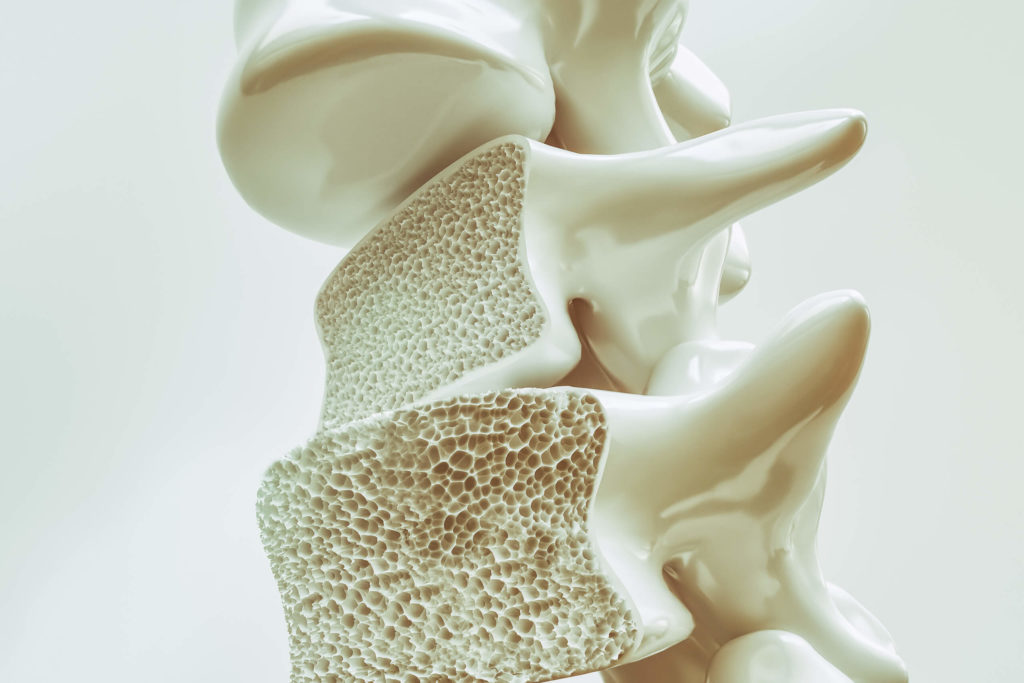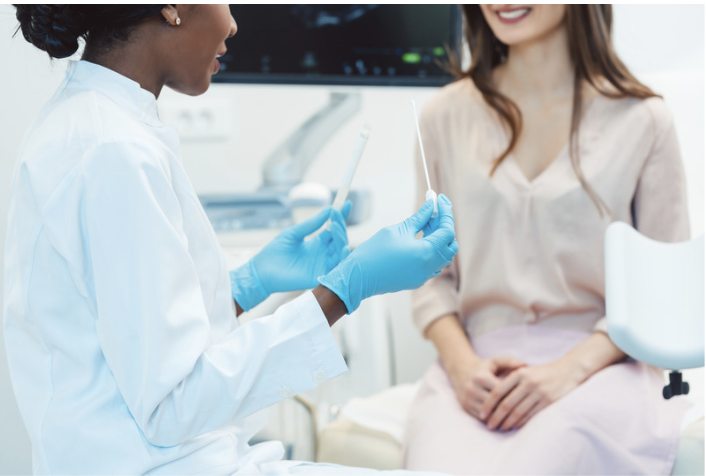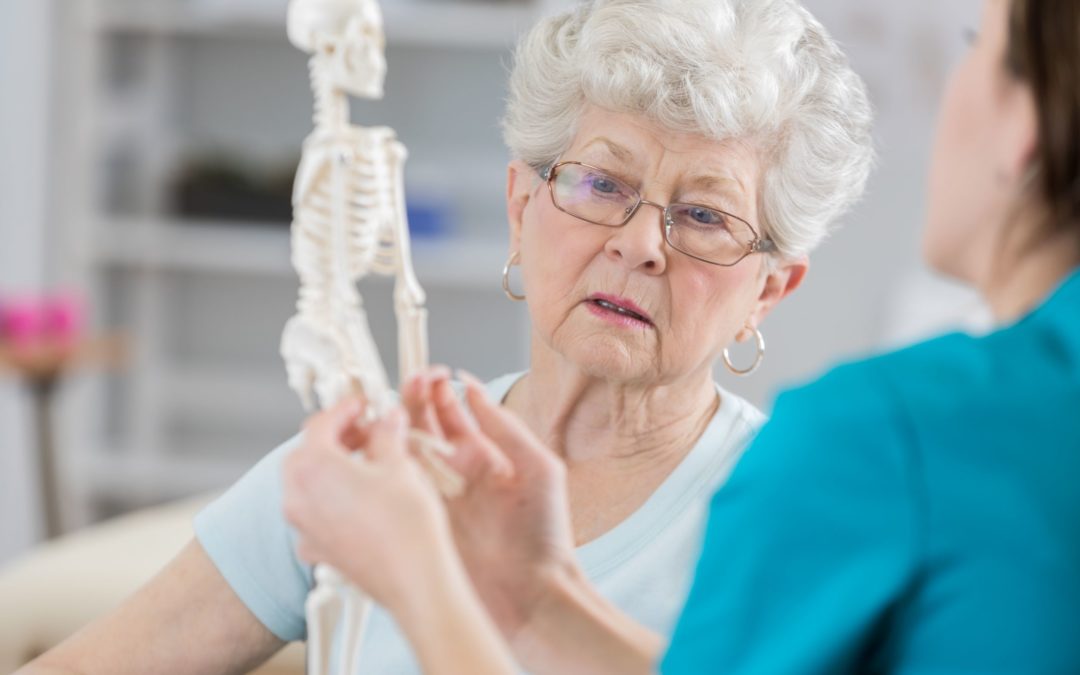If you are showing signs or are at risk of osteoporosis, your doctor may recommend a DEXA Scan bone density test. If you are unfamiliar with bone scan testing, you may have questions about the process. Here’s what you can expect during your bone scan, and why it is important to get tested.
Bone Scan Testing
Bone densitometry, or dual-energy X-ray absorptiometry (DEXA), is a non-invasive imaging procedure that uses a small dose of radiation to create images of the bones to measure bone density and loss. It measures mineral bone density and is often performed on the lower spine and hips.
You don’t have to do much to prepare for the testing as the patient, but there are a few things that you can do to help the procedure go smoothly. First, you will be asked to wear no jewelry on the day of the testing, as well as loose, comfortable clothing. You must also refrain from taking any calcium supplements for at least 24 hours before the testing to ensure that the results are accurate. It is also very important to inform your doctor if you are pregnant prior to the test.
Why should I get tested?
Bone scan testing is important because it is most often used to diagnose osteoporosis. Early diagnosis is important for treating the condition and preventing it from progressing.
A DEXA Scan bone density test may be recommended if you meet risk factors for osteoporosis, which include:
- Women in menopause
- People over the age of 50
- Some with specific height and weight factors
- People who smoke cigarettes
- People with frequent alcohol use
- Those with other conditions such as rheumatoid arthritis, kidney disease, liver disease, diabetes, and thyroid disorders
- Those who have experienced recent fractures

What is Osteoporosis?
Osteoporosis is a condition where the bones become thin and weaken. As they become less dense, their quality is reduced, leading to fractured or broken bones. Osteoporosis can cause pain and even disability as conditions worsen and become more severe. Fractures often occur in the hip, spine, and wrist. Early diagnosis is important because as bones break, your risk of further fractures is increased. Getting diagnosed and treated as soon as possible is essential to preventing further injury and disability.
Osteoporosis Prevention
You can do several different things to help prevent osteoporosis as you age, such as strengthening your muscles through exercise for example. Maintaining a healthy diet and eating foods that are good for bone health is also a good way to keep your bones strong. Eliminating unhealthy behaviors like smoking can help to improve your overall health. You can also take dietary supplements or medications to prevent osteoporosis.
If you have any additional questions or are looking to make an appointment, contact Dr. Laina Fienstien through our website or by calling our office.

